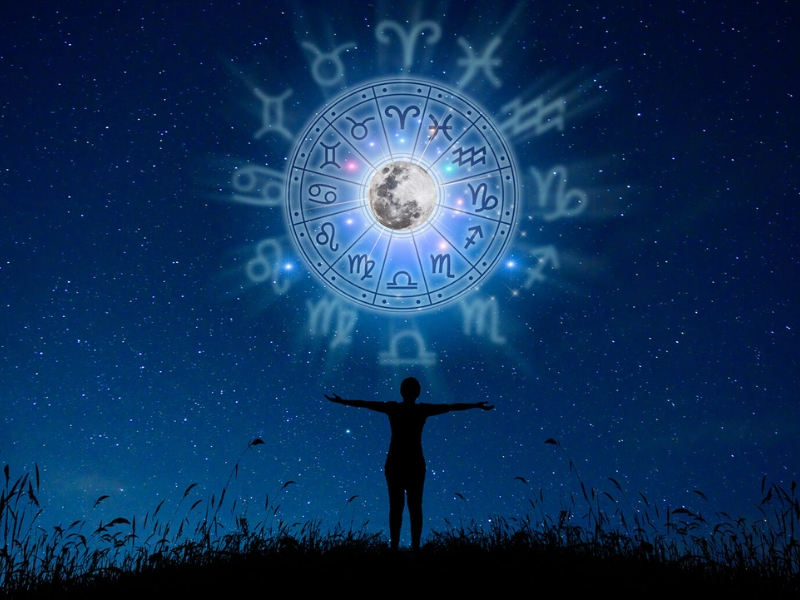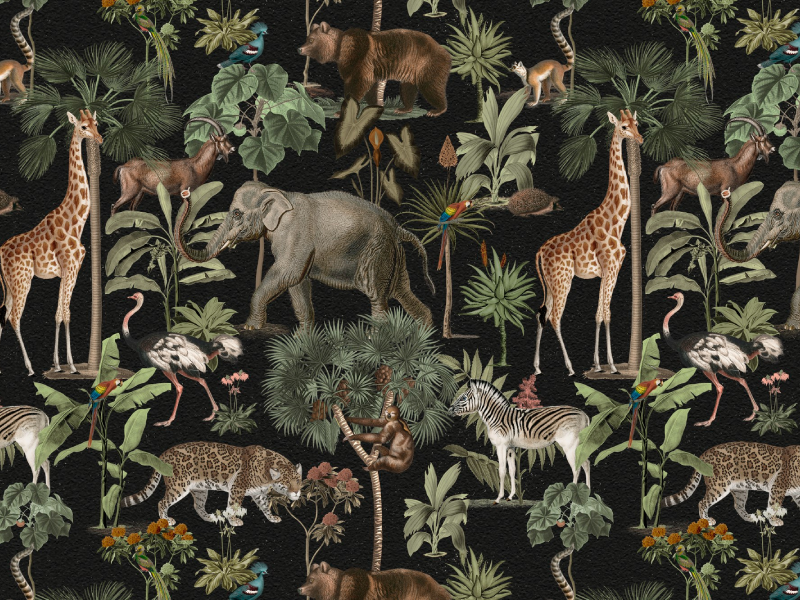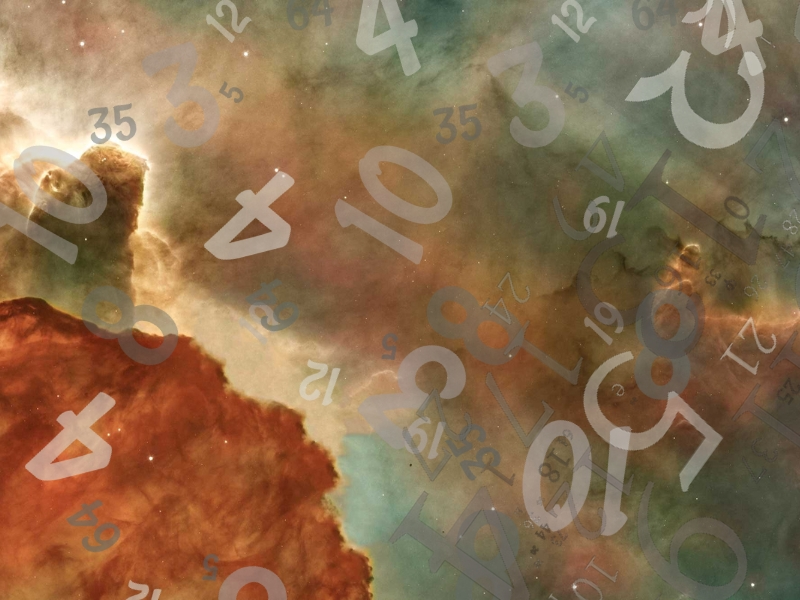Astrology has been a source of fascination for as long as people have been aware of its existence. It’s a practice that many people reject out of hand, preferring to put it down as superstitious nonsense. However, some view astrology as an insightful exploration of human behavior and how we interact with the world around us.
Whether you believe Astrology is a load of old codswallop or the key to unlocking your potential, it’s still an incredibly interesting subject. You might even learn something about yourself!
And if you’re unsure where to start exploring this ancient art form, never fear; we’ve got you covered! Here are the top 10 types of astrology and what they mean for your life.
1. Western Astrology
Western astrology is the world’s most widely known and practiced form of astrology. It takes its name from the fact that most people live in Western countries, so Western society has a greater understanding of it.
Western astrology is based on the concept of 12 constellations, or ‘star signs’ as they are more commonly known. Each constellation represents a different month of the year and, therefore, a different influence on an individual’s personality.
People born at different times during the year will have unique attributes and characteristics based on their star sign.
2. Chinese Astrology

If you read horoscopes in magazines, you may have tried Chinese astrology. The years are split up into 12 different “astrological seasons,” so every year is associated with a new animal. Also, the country’s animal-based mythology uses animals rather than zodiacs in Chinese astrology. The Chinese Zodiac is a system of horoscopes that uses the animals of the Chinese calendar as its basis.
The animals are said to represent different personality traits and characteristics, which can be used for fortune-telling purposes.
3. Indian Astrology
Indian astrology originated in the Indian subcontinent, and hence the name. It is also very popular in neighboring countries such as Nepal and Sri Lanka.
Indian astrology is based on the concept of nine heavenly bodies (the sun, moon, and eight planets). The position of these bodies at the time of your birth dictates the fortunes which will unfold throughout your life. If you’re interested in knowing what to expect next year, you need to find an Indian astrologer.
4. Celtic Astrology

If you’re looking to explore your inner potential and gain a deeper understanding of yourself, then Celtic astrology may be the right choice. This discipline relies on the principles of astronomy, geology, and mythology to interpret the signs in a person’s chart. By doing this, it is possible to better understand your personality traits, motivations, and strengths.
Celtic astrology can also help you to identify relationships that are not going well or predict future events based on how people in your life have influenced you so far. As with any form of astrology, there is no one way it should be used; instead, it is up to each user to decide what works best for them. So why not try out Celtic Astrology today? It could just reveal some new insights about who you are!
5. Sri Lankan Astrology (Sinhalese Astrology)
Sri Lankan Astrology is a system of astrology used in Sri Lanka. Its main focus is on the interpretation of personal relationships, and it can also be used to determine aspects affecting one’s health, career, and financial situation.
Sri Lankan Astrology differs from many other systems because it does not rely on mathematical calculations or complicated horoscopes. Instead, it relies on the analysis of planetary positions and their effects on humans
6. Tibetan Astrology

According to traditional Tibetan astrology, the positions of planets at birth can indicate a person’s characteristics and potential for both good and bad fortune. Some of the more common predictions based on your planetary position include whether you are born with a positive or negative sign, how likely you are to achieve success or happiness in your endeavors, and what type of personality you may have.
Tibetan astrology is a form that uses the stars and planets as indications of people’s personal characteristics. This system is based on the Taoist principle of feng shui, which holds that everything in the universe has its natural energy. Tibetan astrologers believe that our personal energies are governed by the positions of the stars and planets at any given time.
7. Vedic Astrology
Rooted in the Vedas, India’s ancient system of knowledge, Vedic astrology is based on the belief that the stars and planets have a powerful influence on our lives. The Vedas say that a person’s karma is directly related to the position of the planets and stars. Thus, astrology is used to understand one’s karma by analyzing these positions. Dubbed “the science of fate,” astrology is used to understand all aspects of life—from marriage to business ventures—and even predict outcomes in war or government decisions.
8. Egyptian Astrology

Egyptian astrology may seem like a bit of a stretch. Still, it can be used to interpret information about an individual’s personality and future based on the movement of heavenly bodies, similar to Vedic astrologers.
Ancient Egyptians divided the day into temporal hours, each having a different length throughout the year, depending on the season. Therefore, a typical summer hour was longer than the one in winter, as it depended on the period of daylight. Later, Egyptians established a 24-hour day, and they were the first to do that. They used various tools to measure time—such as shadow and water clocks—and named their zodiac signs after their gods and goddesses.
Like the western zodiac, the Egyptian zodiac consists of 12 signs. However, Egyptian astrology assigns certain days of the month to each sign. As mentioned, ancient Egyptians named their zodiac signs after their gods and goddesses, except for the Nile. The god’s or goddess’s character determined what kind of person was born under a particular sign.
9. Horary Astrology
Horary astrology, according to Hale, goes back to the beginnings of astrology, which was way back in 10,000 to 30,000 B.C. Horary astrology is a divination tool that can help you find an answer when you have a specific question. The astrologer will create a chart for the exact moment and location that your question was asked. The astrologer will read this chart and give you a yes or no answer based on what they see.
10. Western Palmistry

Palmistry is a common form of divination that involves reading information from the lines on your palms.
The lines on your palms are called ‘nakasa,’ and the area in between the two lines is called ‘Irma.’
According to palmistry, there are five types of nakasa, and these represent different areas in which a person can focus their attention as well as different aspects of their personality:
A person’s health depends largely on the clarity and correctness of his or her disposition. The ‘Earth Nakasa’ represents the physical body. The ‘Air Nakasa’ represents mental capacity, the ability to reason, analyze problems, and make decisions.
Conclusion:
Generally, all types of astrology have the same basic idea behind them. However, many factors – like your birth date and time and the period in which you are born – can influence how accurate astrology readings are. That’s why it is always recommended that you consult at least two different types of readings if you want to rely on astrological reading rather than just trusting their words blindly.
Through the blog post above, we hope we managed to clear some confusion about different types of astrology and what they say about our lives!



